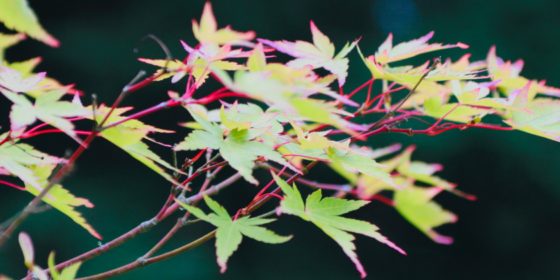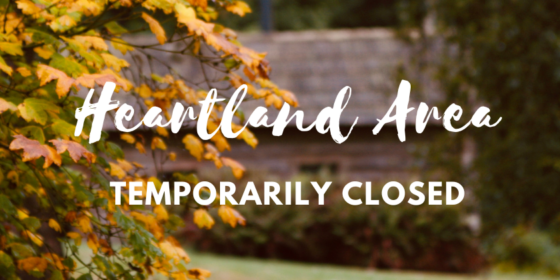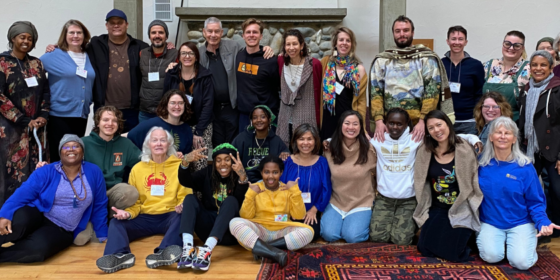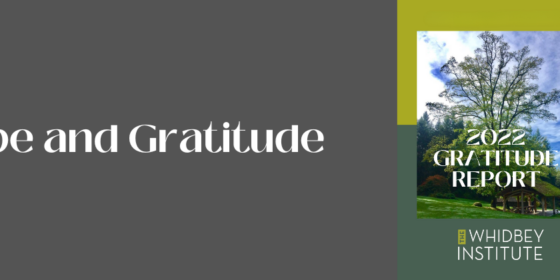Deepening Our Distributed Leadership During a Time of Transition
By Ananda Valenzuela, Interim Co-Executive Director, and Jenna Ringelheim, Board Member
Leadership transitions are often a challenging time for nonprofits, and the Whidbey Institute is no exception. In the wake of the pandemic and the departure of long-time leaders, our team lost its footing. It became clear that we needed to pause and find steady ground in order to strengthen our distributed leadership structure. In distributed leadership, decision-making power is spread throughout the organization instead of concentrated in the hands of one or more senior leaders at the top. Maintaining a structure that departs from the classic hierarchy requires proactive investment of time and energy from everyone involved. So when we engaged in a leadership transition, we realized that we needed to recommit to our self-managing organizational culture and structure, and reexamine what diversity, equity, and inclusion work entails.
For those unfamiliar with the Whidbey Institute, we are a non-profit retreat center that has been nurturing the conditions for transformational learning for over fifty years. We have an incredible lineage of leaders committed to Earth, Spirit, and the Human Future, bringing people together to learn and take action on 106 acres of conservation forest. With overnight accommodations for 42 and multiple gorgeous convening spaces just an hour outside of Seattle, we have had the honor of hosting an incredible array of programming over the past five decades. In 2014, it was a natural extension of the Institute’s dedication to transformational learning to deepen our commitment to alternative ways of running our organization. Leaning into the insights shared through Frederic Laloux’s Reinventing Organizations, the Whidbey Institute chose to adopt Holacracy, a particular approach to self-management that organizes roles and responsibilities into circles following a prescribed set of guidelines. While Holacracy supported our work together in many ways, the learning curve is steep. As our time and energy were stretched through a capital campaign and significant facilities construction from 2016-2020, it became challenging for everyone to engage in this way of thinking and working together.
A warm welcome to Rose Woods, the Whidbey Institute’s new Programs Host!
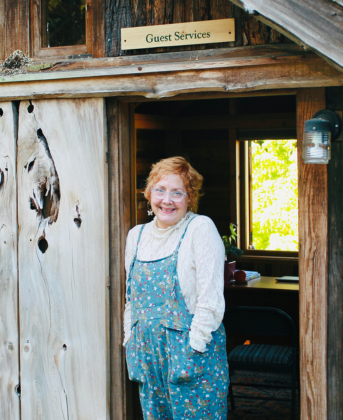 Rose has quickly made herself an invaluable member of our team – assisting program leaders and their participants, greeting visitors to the land, and helping to create an atmosphere that supports the Whidbey Institute’s mission and purpose.
Rose has quickly made herself an invaluable member of our team – assisting program leaders and their participants, greeting visitors to the land, and helping to create an atmosphere that supports the Whidbey Institute’s mission and purpose.
Rose is not new to this place. With the help of the Hull family, her work here actually began with an imagination for the Storyhouse Stage and the creation of an outdoor Shakespeare Festival in the space.
I had a chance to sit down with Rose in her new office overlooking the Westgarden. It seemed rather fortuitous, listening to Rose recount some of her history with the Whidbey Institute and the island and about her hopes for the future as we look to commemorate the past 50 years and embark on the next.
Can you tell us a little bit about yourself and how you came to the Northwest?
Thank You For Your Patience!
Occasionally we close the Heartland area for specific programs hosted at the Whidbey Institute. We work closely with program leaders when this need arises to provide as much access to the Whidbey Institute as possible for visitors, trail users, and those who have come to depend on the land for solace and rejuvenation.
The trails and outlying area, including the Legacy Forest and Storyhouse Meadow, are still open to visitors and community members. If you come to the Whidbey Institute during these limited times, you will see signs directing you to areas open to exploring.
If you have any questions about closures on the land, please email [email protected].
Thank you for providing our guests the much valued space that aids in their transformation.
A Conversation With Dan McKee – The Warrior Monk Retreat
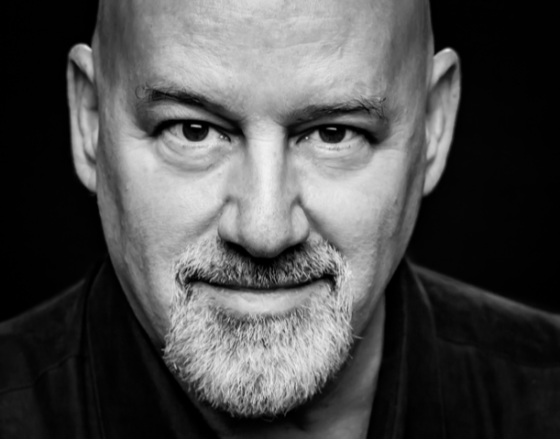 We are excited to welcome Dan McKee and the Warrior Monk Retreats back to the Whidbey Institute! In anticipation of his upcoming program, November 1-5, 2023, I took the opportunity to learn more about his work and his approach to holding Warrior Monk retreats, particularly at the Whidbey Institute.
We are excited to welcome Dan McKee and the Warrior Monk Retreats back to the Whidbey Institute! In anticipation of his upcoming program, November 1-5, 2023, I took the opportunity to learn more about his work and his approach to holding Warrior Monk retreats, particularly at the Whidbey Institute.
I know you and your programs have been associated with the Whidbey Institute for a long time. When was the last time you held a retreat here and was that a Warrior Monk Retreat?
Yes, it was another Warrior Monk Retreat in early 2020, not too long before the pandemic-induced hiatus.
We’ve been holding this retreat almost yearly – sometimes twice a year – at the Whidbey Institute since the early 2000’s so it’s wonderful to be coming back.
Can you describe the Warrior Monk retreat, perhaps for someone who has never attended or has little to no background on your work?
2023 Whidbey Spring Gathering by Marta Mulholland
The second weekend of April, people gathered in Thomas Berry Hall to convene the Whidbey Spring Gathering, our first community program of this kind since the 2020 Winter Gathering. There were both returning and new faces; curious, excited, anticipatory, and in some cases wary, uncomfortable, not knowing what to expect, but drawn to the land for various reasons.
Special thanks to my co-facilitators Victoria Santos, Diana Sandoval, and Gayle Karen Young. It was an honor to partner with them in this inaugural event. Over the course of three days, they convened, held, and honored our time together with skill, finesse, and grace. Participants were invited to explore and embody questions that are essential for our times: How do we want to live our lives going forward? What might be possible for ourselves and for our communities? What will sustain us and the future we dream of? How do we tend to ourselves and to the collective?
Read More →
Hope and Gratitude – 2022 Gratitude Report
For fullscreen view, click the [ ] icon near the lower right corner of the report.

